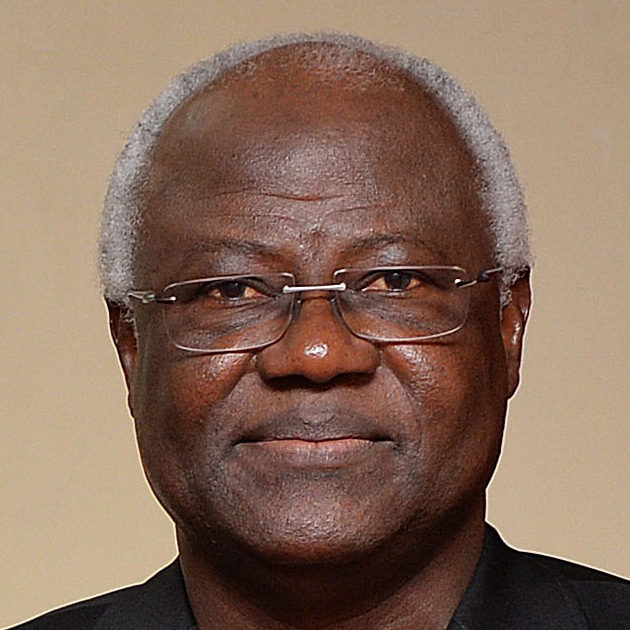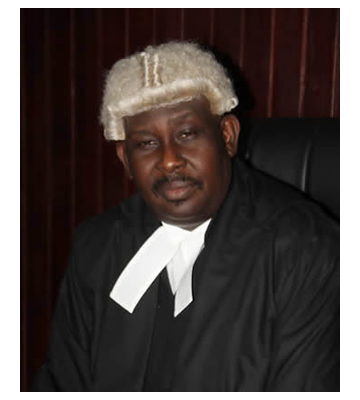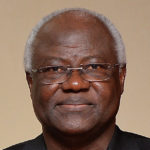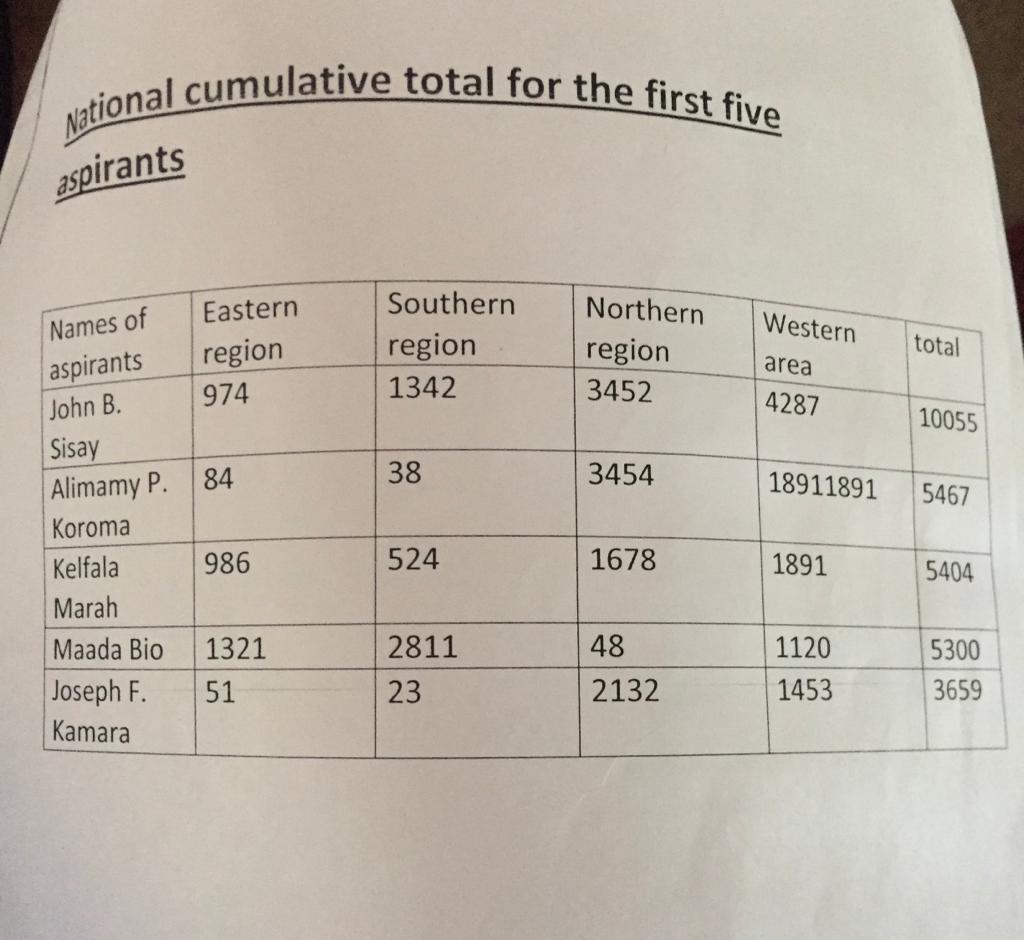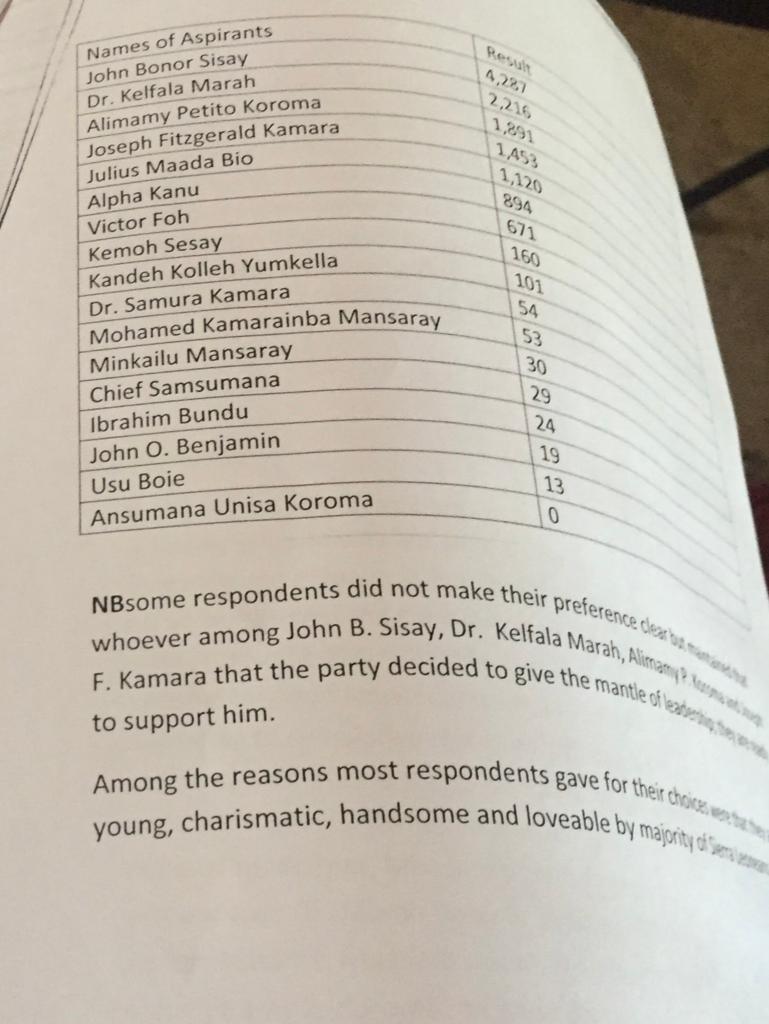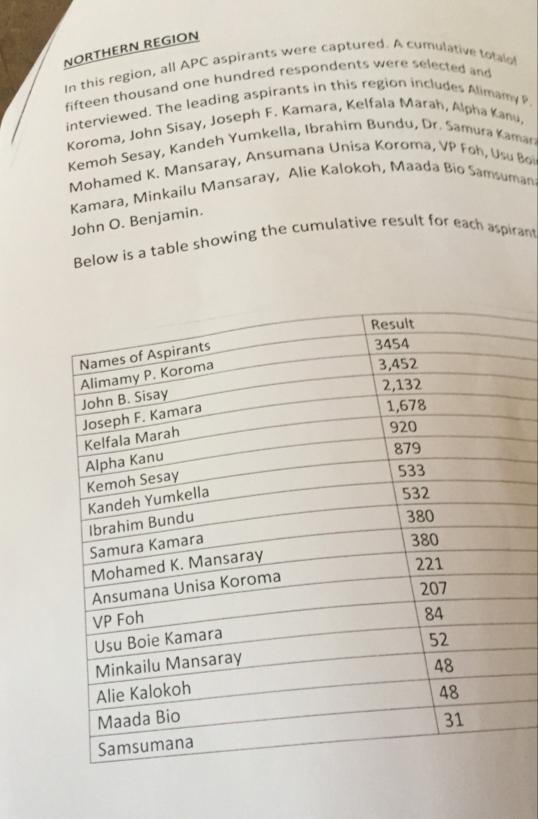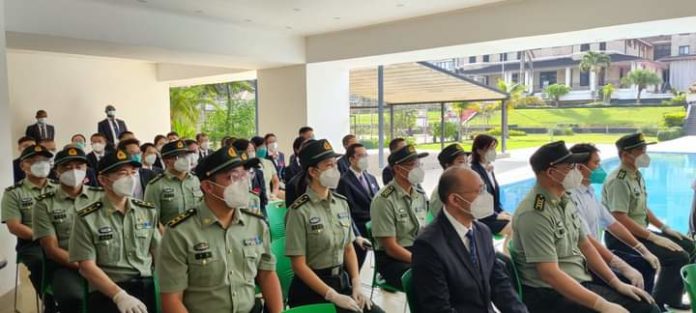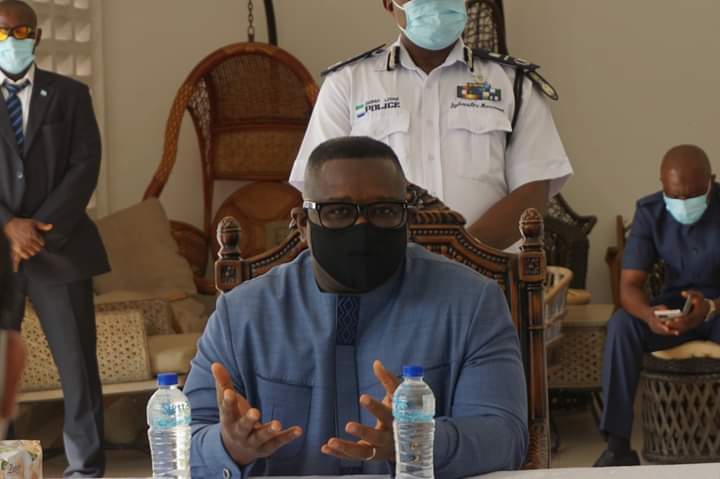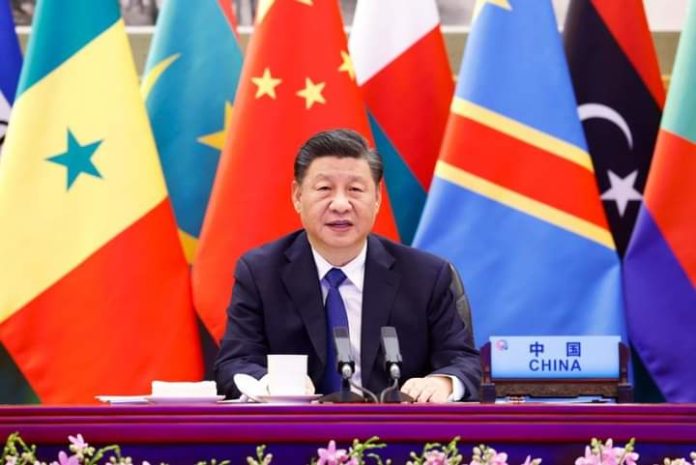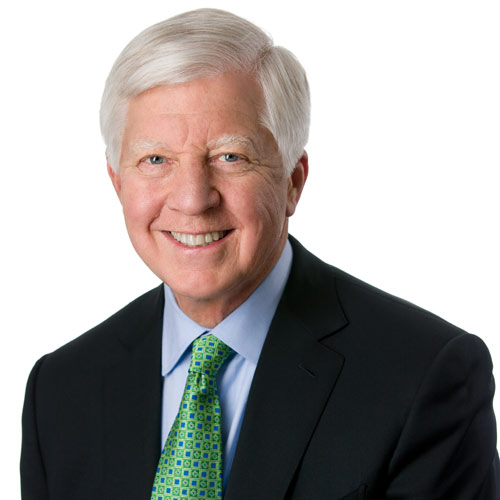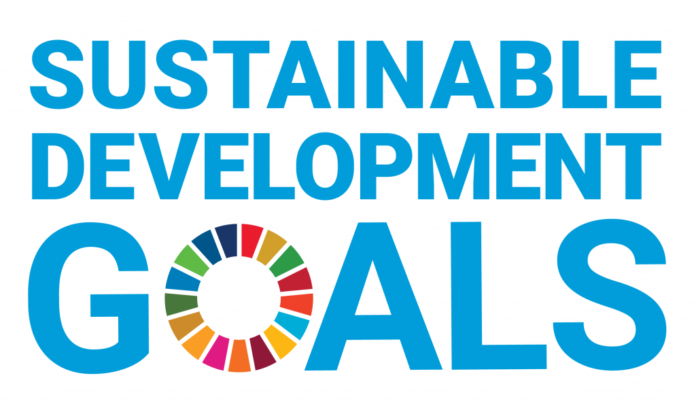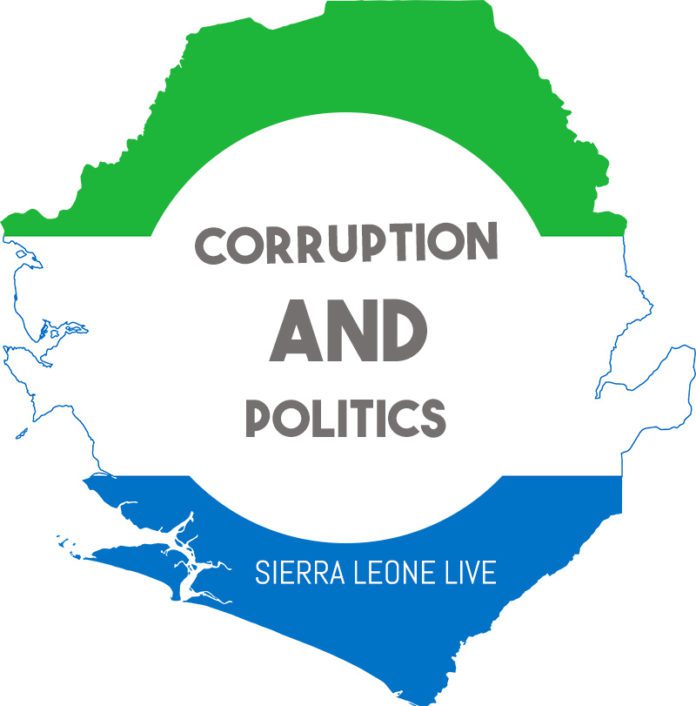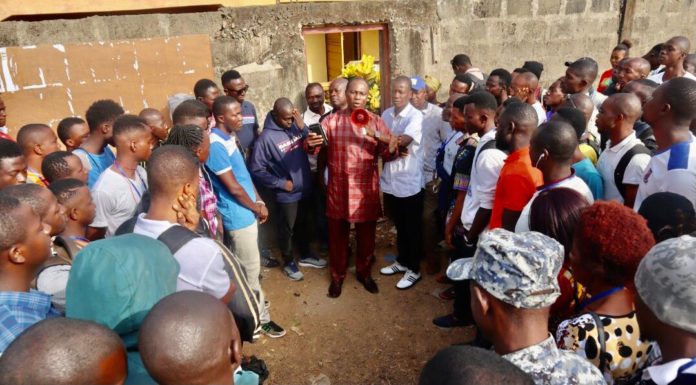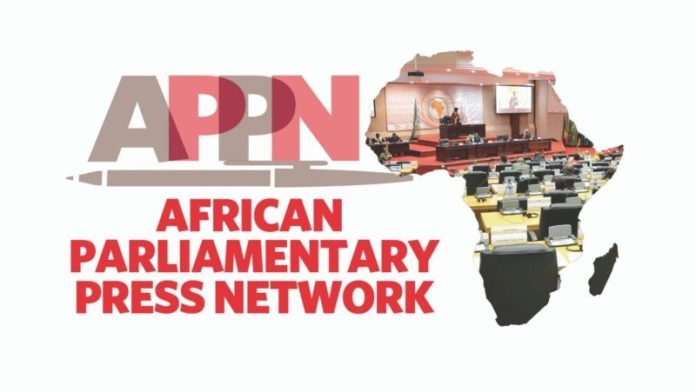by Mahmud Tim Kargbo
Sharing the first part of the interview that I conducted with the inspiring Bill George when he was at Duke. Bill shares his insight on authenticity, the impact of faith and tradition. He says ” I think you have to be real in order to gain the trust of the people. At the end of the day, you’re asking them to put themselves on the line for a cause and if they don’t trust you they won’t give you their whole hearts.
Authenticity is crucial to leadership in today’s volatile environment, the Harvard Business School professor and author said in an interview.
TUESDAY, DECEMBER 14, 2021
Good leadership isn’t about status or power or faking it till you make it, said Bill George.
Instead, good leaders take the time to discern who they are, and to follow the deeply held beliefs, values and principles that guide them, he said.
“What people are looking for is someone who is real and authentic. People know who is authentic or not,” he said.
George is a professor of management practice at Harvard Business School, where he teaches leadership. He is the author of “Seven Lessons for Leading in Crisis,” “True North,” “Finding Your True North” and “Authentic Leadership.”
A former chairman and CEO of Medtronic, George also was a senior executive with Honeywell and Litton Industries and served in the U.S. Department of Defense. He earned a B.S. in industrial engineering from Georgia Tech and an MBA from Harvard University.
He and his wife, Penny, are members of Plymouth Congregational Church in Minneapolis and the founders of the George Family Foundation, which funds the newly established Penny Pilgram George Women’s Leadership Initiative at Duke.
George was interviewed for Faith and Leadership by myself (Mahmud Tim Kargbo), co-owner of https://sierraleonelive.com when George was at Duke to give a lecture at the Fuqua School of Business. The following is an edited transcript.
Q: What has changed in how we lead today compared with the past?
Much of what we taught in business school is that the world is predictable, and you can create a strategic plan that will last for five years. Today, the world is volatile. It is chaotic, and it is highly ambiguous. We have to teach leaders to make decisions under the conditions of ambiguity.
They must use their minds and ears to have the courage to make decisions when they really don’t know what is going to happen. They must be ready to adapt to changing conditions; leaders today must be highly adaptable.
Q: What does it take to be a great leader?
To be a great leader today, you have to have a great head and a great heart. As Thich Nhat Hanh said, “The longest journey that you will ever take is the 18 inches from your head to your heart.”
You might have a high IQ, but if you do not have emotional intelligence, then you are not going to be successful. Qualities like passion, compassion, empathy and courage — those are all matters of the heart, and we can’t teach those in business school classrooms.
You learn those through experience, by going out into the world, by learning those skills, by taking on different roles and then growing. It’s a developmental thing; you must develop the qualities of the heart.
Sometimes you have to go against the grain. When everyone goes left, you might need to choose to go right. That takes real courage — to put everything on the line when you might fail when the organisation might fail.
I believe that everybody has the capacity to be a leader at all levels of the organisation. What people are looking for is someone who is real and authentic. People know who is authentic or not. You cannot “fake it to make it.” People see right through you.
I think you have to be real in order to gain the trust of people. At the end of the day, you are asking them to put themselves on the line for a cause, and if they don’t trust the leader, they will never give you their whole hearts.
They might give you their minds. They might give you their hands. But never their whole hearts. They won’t be fully engaged with what they are doing — they won’t be fully passionate.
That is the mark of a true leader.
Q: In your books, you argue that authenticity is crucial for leadership. What does it mean to be truly authentic as a leader?
You have to be real and genuine. There is no magic here. You can’t pretend to be something you are not.
You also have to continue to develop yourself. You grow from your authentic self, and you become a developed self. You gain self-awareness, you solidify your values, you gain confidence and courage, and you gain the willingness to take on difficult circumstances because of your authentic base.
You know who you are based on your story and the crucibles that you have overcome. That is what it means to be an authentic leader.
Q: A major part of your identity and your authenticity is your faith. How has your faith influenced your idea of servant leadership?
I teach at a secular institution. I don’t believe in proselytising people, but I do believe in sharing my faith if someone asks.
One of the best experiences that I’ve had was when I was a student at Harvard Business School. We brought in a man named Robert Greenleaf, and he brought in his idea of servant leadership. I thought, “That’s right! Authentic leaders are servant leaders. We are here to serve, and people are not here to serve us. We are here to serve other people.”
We have to do this well, and we have to overcome the idea of power and status. Examine whether or not you are really a servant leader. Are you serving a cause?
The good thing about the millennials today is that we are going from the Me Generation, the generation that I was part of, to the We Generation. The millennials are really not focused on self-interest but are much more committed to a cause.
They want to get involved in Teach For their countries; they want to get involved in social enterprise; they want to get involved in a government, that is really committed to global sustainability and opportunities for all irrespective of status or political party affiliations. I say, “God bless them!” Let’s give them the opportunities to do just that.
Q: In the face of all of this change, traditions are often seen as a hindrance to innovation. But traditions can also ground us. How can we draw on our traditions as a path toward innovation?
Our traditions give us the basis for what we believe. They can be a powerful basis that is tied to our mission and to our values. It is like the roots of the oak tree that we must nourish.
When I went to Medtronic, it was very much a Christian place, and I am Christian. It was very comfortable, but you know, it wasn’t comfortable for all people. We had one Jewish officer that said that he felt very out of place.
We had to broaden that tradition into a much wider range. Today, a devout Muslim heads Medtronic. The important thing is that we were open to diversity. You have to honour people for who they are regardless of their belief traditions. We must come together around a common mission and purpose, regardless of one’s faith or non-faith or traditions.
Traditions [must] become that of the group and come out of the mission and purpose of the government or whatever organisation.

